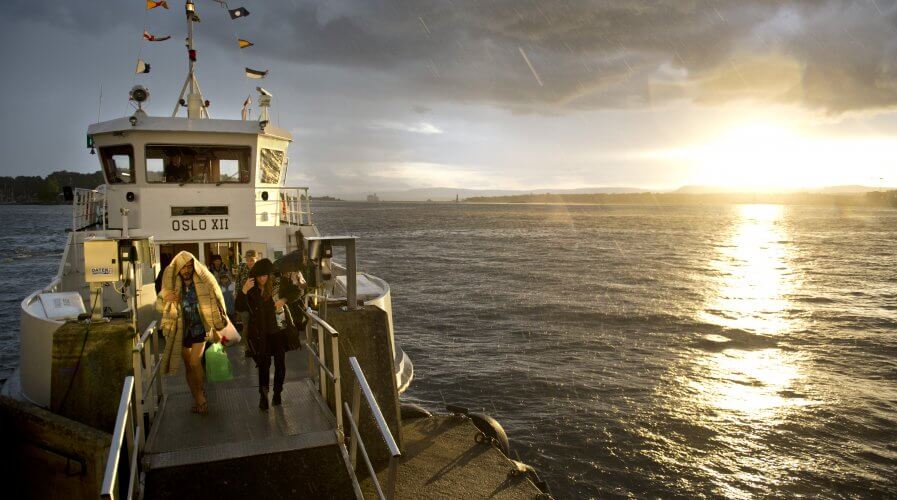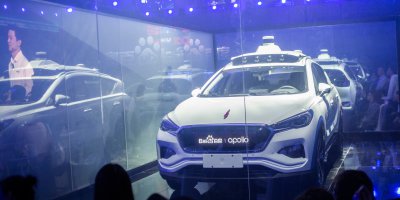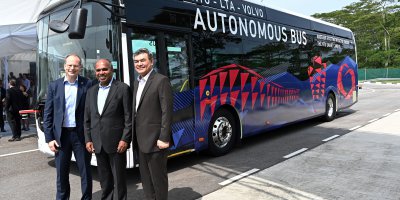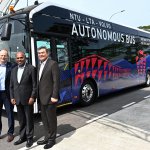
Norway has already begun to deploy hight automated vessels for generals use and it is just a matter of time until they becomes fully autonomous. Source: AFP
Norway leads the way with environment-friendly autonomous ships
FOR many years now, mariners have traded on boats along the piers that line Norway’s Nidelva river.
However, many of the wooden warehouses along the river are now gone — and the river is no longer wide enough for commercial use as merchant ships got bigger over the past few years.
Interestingly, in recent years, merchant ships also got automated.
If everything goes well, mariners that are steering the vessels could soon be replaced by software in the next decade. In fact, Norway has already begun to deploy highly automated vessels for generals use, and it is just a matter of time until they become fully autonomous.
Last year, the country’s ferry operator Fjord1 rolled out two new boats named, Gloppefjord and Eidesfjord which are meant to ferry people crossing the mile-wide body of water between Anda and Lote in western Norway.
The boats’ crossings are mostly operated by an automated platform – developed by Kongsberg Gruppen’s Maritime arm – although the captain onboard the vessels could take control at any given time.
In addition to that, Kongsberg is also joining forces with Yara in developing an autonomous container ship, Yara Birkeland, to move products from a plant in south-west Olso to ports in Brevik and Larvik.
Sustainability, the primary driving force
While news of the autonomous merchant ship is exciting, Scandinavian retailer Asko is also planning on launching two autonomous ferries across the Oslo fjord.
The driving force behind these projects, however, counterintuitively is not to achieve autonomy. For the Norwegians, it is all about “environmental efficiency”.
The vessels in all of the projects are powered by electricity, instead of fossil fuels. The Yara Birkeland alone is estimated to replace 40,000 lorry trips per year — creating massive environmental gains immediately.
“Autonomy is just a tool to make this electrified, emission-free system work,” said Ørnulf Jan Rødseth, a senior research scientist at Sintef – a not-for-profit research organization – and general manager of the Norwegian Forum for Autonomous Ships.
Norway, as it turns out, is a world leader when it comes to decarbonizing transportation — 39.2 percent of the country’s 2017 vehicle sales were electric and hybrid cars, as opposes to only 1.7 percent in the UK and 6.3 percent in its neighboring Sweden.
The initiatives are also driven by the forward-thinking government, which offers funding to help companies develop next-generation ships. It awarded up to US$ 13 million for the Yara Birkeland project, while the Asko initiative was given about US$14 million.
READ MORE
- Ethical AI: The renewed importance of safeguarding data and customer privacy in Generative AI applications
- How Japan balances AI-driven opportunities with cybersecurity needs
- Deploying SASE: Benchmarking your approach
- Insurance everywhere all at once: the digital transformation of the APAC insurance industry
- Google parent Alphabet eyes HubSpot: A potential acquisition shaping the future of CRM






